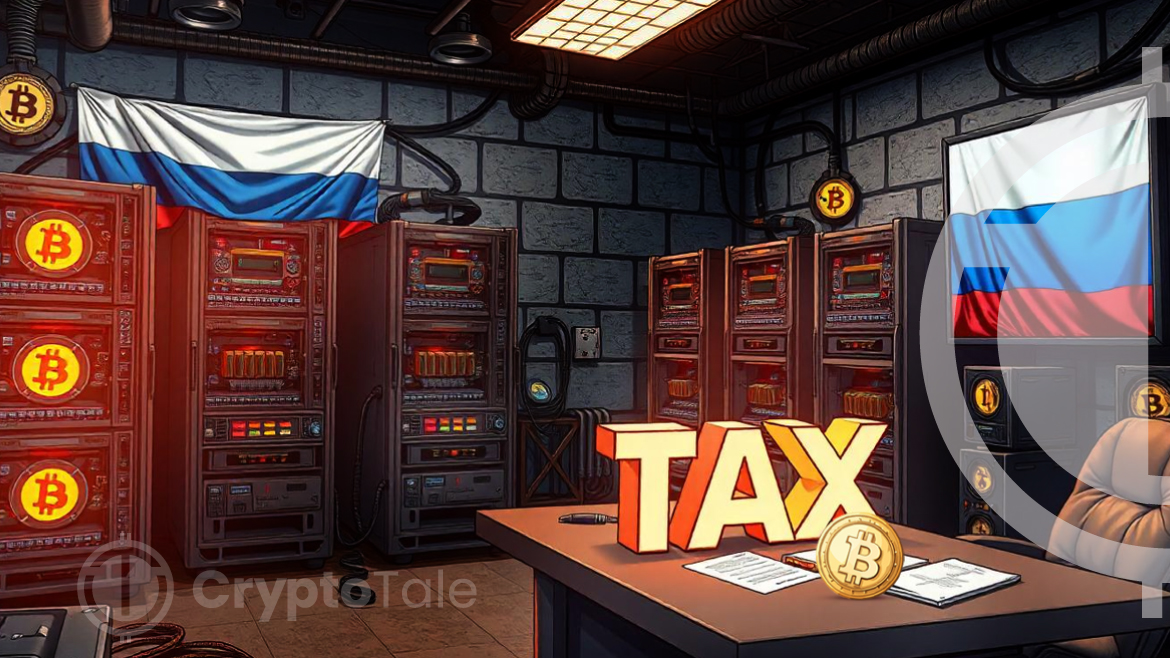- Russia’s Federation Council approves crypto tax bill, exempting transactions from VAT.
- New law formalizes crypto as property, imposing a 15% income tax on trading profits.
- Mining operations face stricter regulations, including income tax on market values.
Russia has taken a major step toward cryptocurrency regulation as its Federation Council approved a comprehensive tax bill. The bill exempts digital asset transactions from value-added tax (VAT) while establishing a 15% income tax rate on crypto trading. The legislation now awaits President Vladimir Putin’s final approval to become law.
The Federation Council, Russia’s upper house of parliament, confirmed the approval of tax code amendments on Wednesday. This was following the State Duma’s endorsement the previous day. The legislation formally recognizes digital currency as property, creating a clear framework for taxation and regulatory oversight.
Under the new regulations, cryptocurrency transactions will be exempt from VAT. This brings them in line with securities trading treatment. The bill implements a two-tier personal income tax structure for crypto trading profits, with rates capping at 15%. This approach aims to create a balanced framework that encourages legitimate crypto activities. At the same time, it ensures proper tax compliance.
Bitwise Files for 10 Crypto Index ETF Featuring Top CryptosThe legislation introduces specific requirements for crypto mining operations. Mining infrastructure operators must report client information to tax authorities. Also, the mining income will be taxed based on market values at the time of receipt. This follows Russia’s recent implementation of power consumption limits for unregistered miners. It is capped at 6,000 kilowatt-hours monthly.
Deputy Chairman of the Federation Council Committee on Budget and Financial Markets, Alexander Shenderyuk-Zhidkov, presented the federal law. He also stressed its role in establishing clear taxation guidelines for digital currency transactions. The legislation creates a comprehensive framework for tax control while maintaining exemptions for specific crypto activities.
Meanwhile, South Korea’s approach to crypto taxation faces political hurdles. The National Assembly recently postponed its November 26 plenary session. This was due to disagreements between the ruling People Power Party (PPP) and the Democratic Party of Korea (DPK) over virtual asset taxation implementation. The PPP advocates for a two-year delay in crypto tax implementation, citing the need for market maturity. However, the DPK supports immediate adoption of the planned taxation framework.












